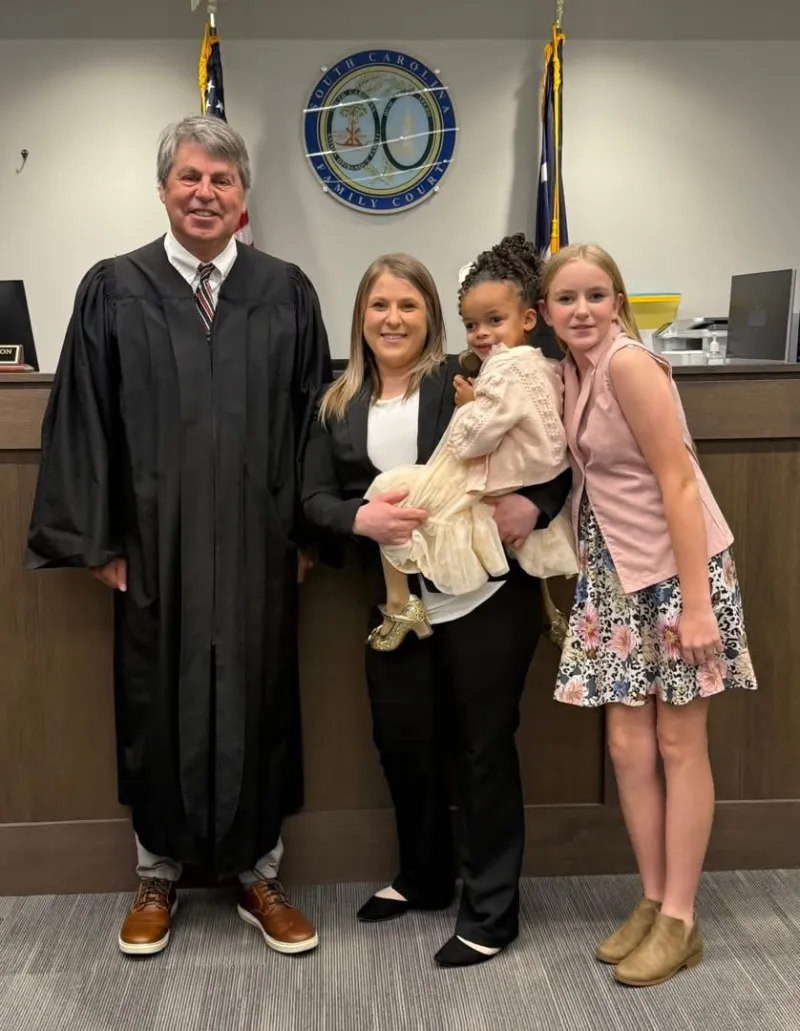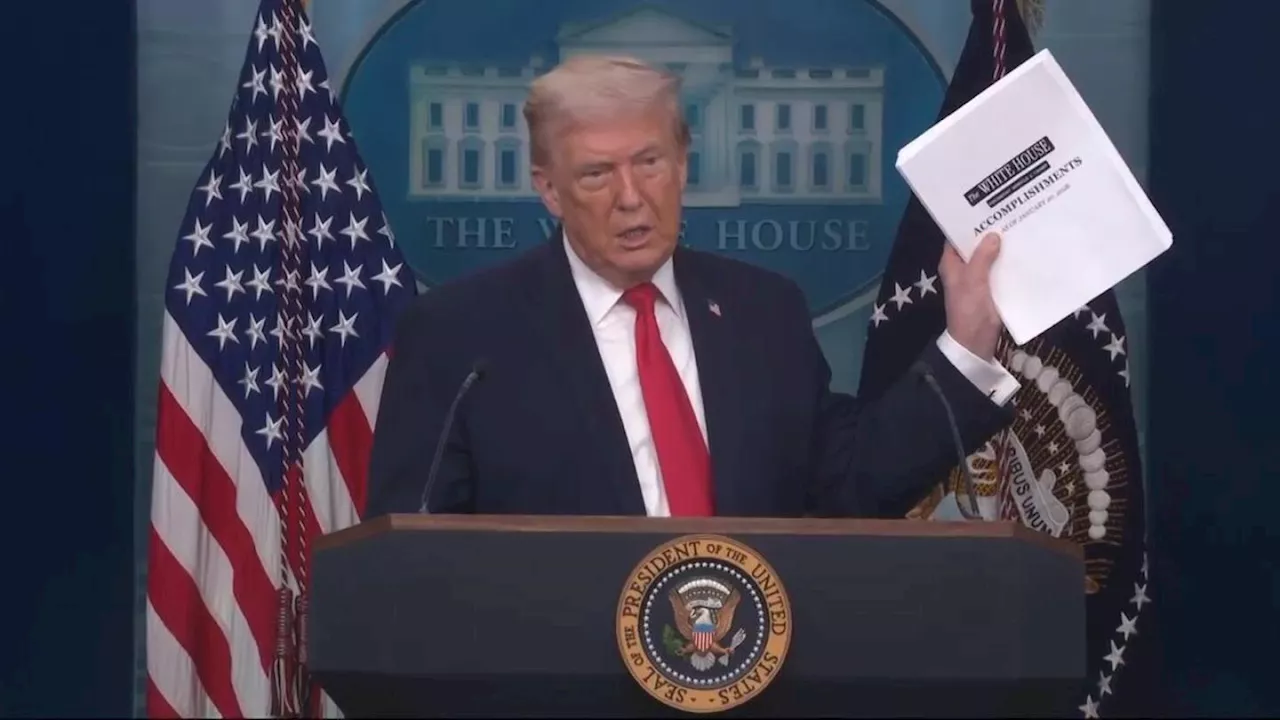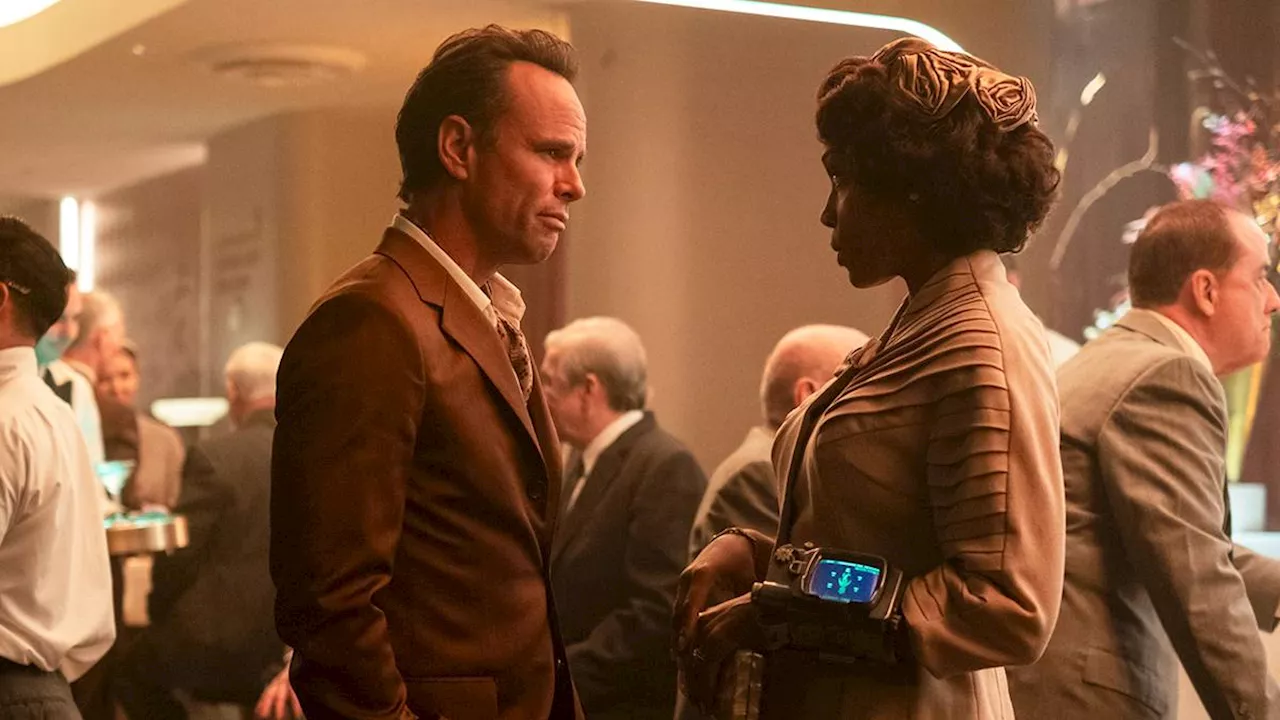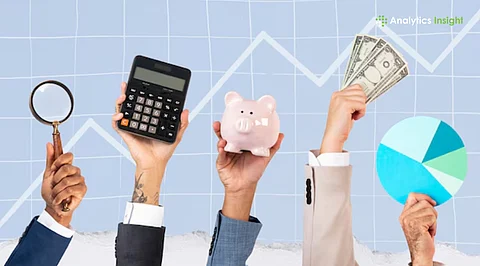
UPDATE: A powerful exploration of bisexuality through podcasting is reshaping conversations around sexual identity. New insights reveal how personal journeys and shared narratives are helping individuals embrace their sexuality more openly.
In a recent episode of a groundbreaking podcast, a guest shared how her experiences with queer female content online transformed her understanding of her own sexuality. This revelation has sparked discussions among listeners about the complexities of identifying as queer in today’s society. The podcast co-founder, who previously shied away from her bisexual identity, emphasized the urgent need for dialogue about sexual fluidity.
The host recounted her experiences growing up in Denver, where she attended a progressive Unitarian Universalist Church that provided comprehensive sex education. Despite her supportive environment, she struggled with her bisexuality, often labeling herself as “mostly straight.” This internal conflict reflects a widespread issue of internalized bi erasure affecting many individuals.
With the rise of internet pornography in her early 20s, she found herself increasingly drawn to women, yet she rationalized it as a quest for safety from male exploitation. Films like Blue Is the Warmest Color, featuring actresses Léa Seydoux and Adele Exarchopoulos, became part of her routine, igniting both curiosity and desire.
As the podcast evolved, it became a platform for deeper conversations about sexuality. The host and her friends discussed their experiences and the societal pressures that shape their identities. One poignant moment highlighted how a guest’s story of coming out later in life inspired her to confront her own fears of inadequacy in claiming her bisexuality.
The transformative power of storytelling emerged as a key theme. The host realized that many women share similar gray-area experiences, indicating a broader trend of women navigating their identities amidst societal expectations. As discussions unfolded, she began dating women quietly, yet hesitated to publicly identify as bisexual.
This all changed when a guest articulated the concept of being “queer enough,” liberating the host from her self-imposed limitations. She recalled that sexuality is an impulse, not a checklist, and this realization prompted her to embrace her bisexual identity fully.
Now, with renewed courage, she has formally come out to friends and family, experiencing a rush of validation that exceeded her expectations. The host’s journey illustrates the profound impact of community and open dialogue on personal identity, showcasing how sharing experiences can empower others to do the same.
This urgent movement to discuss sexuality openly resonates with many, highlighting the importance of acceptance and understanding in a diverse society. As conversations continue to evolve, it’s clear that the journey to self-acceptance and identity is a vital topic that deserves attention and respect.
Listeners and readers alike are encouraged to engage in these discussions, fostering an environment where everyone feels empowered to explore and embrace their true selves.







